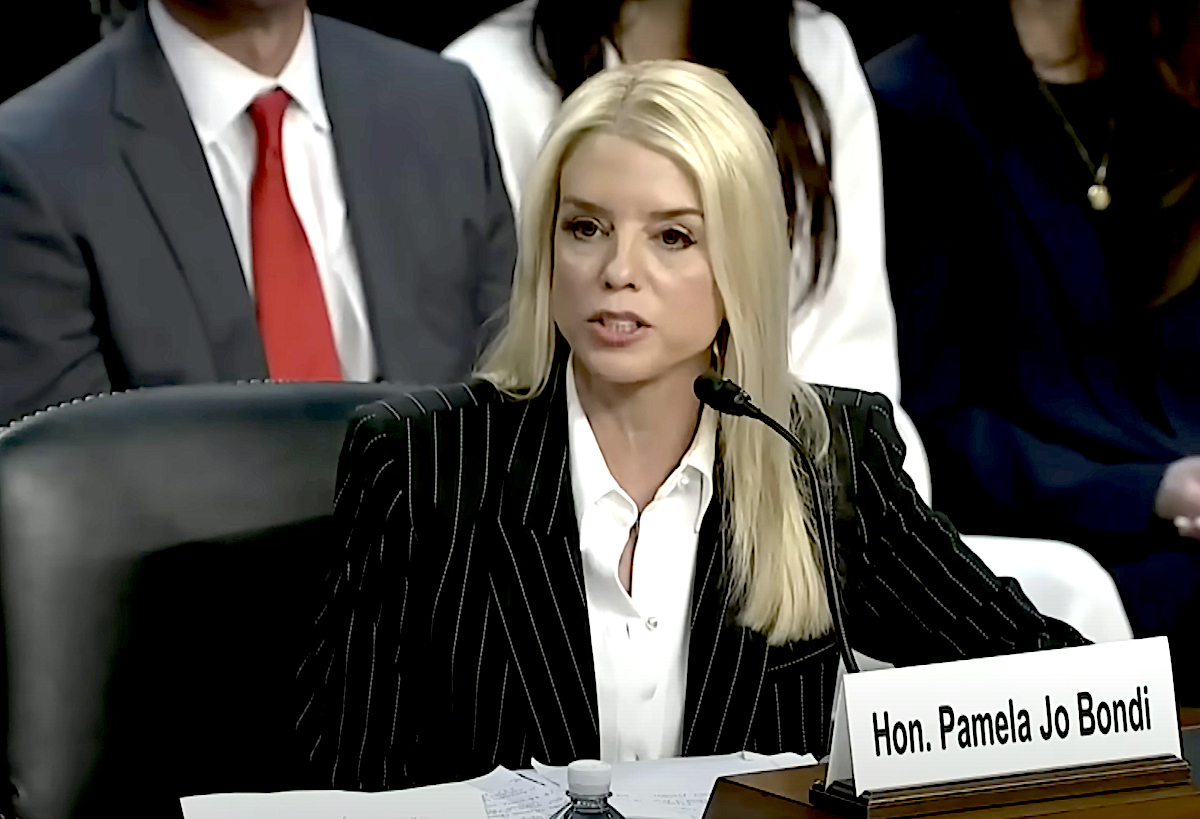Granddaughter of WWII nurse in iconic photo unfazed by VA’s woke memo
The Iconic V-J Day Kiss Photo: A Proud Moment for the Nurse and a Controversy for the VA
The granddaughter of the nurse featured in an iconic photo of her being kissed by a random sailor after the announcement of the end of World War II said her grandmother was “proud of the image” and “never felt violated.”
On V-J Day in 1945, dental nurse Greta Zimmer, who was Jewish and had fled Austria to escape Hitler and the Nazis in 1939, was walking through Times Square in New York City when a U.S. Navy sailor, most likely George Mendonsa, grabbed her, bent her backwards and kissed her. Famed photographer Alfred Eisenstaedt snapped the photo, which was published a week later in Life magazine and immediately became immortal. Zimmer later married Mischa Friedman and had a son and daughter.
But RimaAnn Nelson, the VA assistant secretary for health for operations, sent a memo in February to the Veterans Integrated Services Network Directors saying the photo should be removed and replaced at all VA facilities because it “depicted a non-consensual act,” and “is inconsistent with the VA’s no tolerance policy toward sexual harassment and assault.” The memo stated that the photo needed to be removed to maintain the department’s “respectful, safe and trauma-informed” workplace.
EXCLUSIVE:
The Department Of Veterans Affairs just BANNED the V-J Day kiss photo from all department facilities.
“To promote a culture of inclusivity and awareness… your cooperation is vital.” pic.twitter.com/MZfNHbpV76
— End Wokeness (@EndWokeness) March 5, 2024
After backlash ensued, VA Secretary Denis McDonough later tweeted, “Let me be clear: This image is not banned from VA facilities — and we will keep it in VA facilities.”
Let me be clear: This image is not banned from VA facilities – and we will keep it in VA facilities. pic.twitter.com/dYSikLxHAJ
— Secretary Denis McDonough (@SecVetAffairs) March 5, 2024
Caroline Branin, Friedman’s granddaughter, told The Daily Mail, “As my grandmother told it to me, she was at work and she went downstairs at lunchtime to see what was happening. George grabbed her and kissed her. It was a split second thing and the photographer just happened to be there. She never felt violated or anything like that … She was always very proud of the image and she thought it was two young people celebrating in the street … My grandma signed images of the photo up until she died. She was proud to be an American citizen. She was a refugee from Austria and so the end of the war marked more to her than for everyday people.”
“She never felt it was something inappropriate,” she continued. “It’s interesting they tried to reframe historical events in today’s values. I have a picture in my house that my grandma signed and even George Mendonsa signed it. My grandma stayed in contact with George and she did parades on V-J Day with him. She never said it was anything she felt was uncomfortable.”
CLICK HERE TO GET THE DAILYWIRE+ APP
“At college I had a women and gender studies teacher who showed that image and said: ‘This is a sexual assault,’” Branin recalled. “I put my hand up and said that’s actually my grandma, she didn’t view it that way. The teacher disagreed with me. I can understand the argument but for my grandmother it represented the end of the war and they’re celebrating.”
Friedman only learned about the photograph in the 1960s and immediately recognized herself. She and Mendonsa communicated in later years and became friends; she died in 2016 at the age of 92.
What was Greta Zimmer’s perspective on the sailor’s kiss in the photo?
By-sailor-V-J-Day-photo.html”>The Daily Mail that her grandmother never saw the kiss as a non-consensual act. She stated, “She always said that the sailor was so happy that he grabbed the first girl he saw, and it was her.” According to Branin, her grandmother felt that the kiss symbolized the joy and relief of the end of the war and was a proud moment for her.
Branin also expressed her disappointment with the VA’s initial decision to remove the photo. She believed that it was an overreaction and that the photo should be seen as a historical moment rather than a depiction of sexual harassment. Branin argued that it is crucial to preserve such images as they serve as reminders of the sacrifices made during the war and the celebration of victory.
This controversy raises important questions about the interpretation of historical images in the context of modern values. While it is essential to acknowledge and address issues related to consent and harassment, it is equally important to consider the historical and cultural significance of certain images. The V-J Day kiss photo captured a moment of jubilation and relief for millions of people, marking the end of a devastating war.
The controversy also highlights the challenges faced by institutions such as the VA in balancing historical preservation with creating a safe and inclusive environment for their employees and visitors. The VA’s initial decision to remove the photo was likely driven by a desire to uphold their commitment to promoting a respectful workplace free from harassment. However, it is crucial to approach such decisions with sensitivity and ensure that the removal of a historical image does not erase or diminish important historical events.
Secretary McDonough’s clarification that the photo will remain in VA facilities is a step in the right direction. It sends a message that historical images should be respected and preserved, even if they depict moments that may be viewed differently through a contemporary lens. By keeping the photo, the VA acknowledges the complexity of history and the importance of preserving and reflecting on past events, both the positive and the controversial.
As we navigate the complexities of interpreting historical photographs, it is essential to engage in thoughtful and nuanced discussions. It is through dialogue and understanding that we can learn from the past while striving to create a more inclusive and respectful society in the present and future.
In the case of the V-J Day kiss photo, it is crucial to recognize the perspectives of those directly involved, such as Greta Zimmer and her family. Their understanding of the moment and its significance should inform our interpretation of the image. At the same time, we must remain mindful of the need to address issues of consent and respect in our discussions about historical events and their representations.
Ultimately, the V-J Day kiss photo remains an iconic image that represents the emotions and experiences of a specific moment in history. It is not only a reminder of the joyous celebration of the end of World War II but also a reminder of the complexities surrounding historical interpretation. We should continue to engage in open and respectful dialogue to better understand and contextualize such images, ensuring that they contribute to a more comprehensive understanding of our past.
" Conservative News Daily does not always share or support the views and opinions expressed here; they are just those of the writer."





Now loading...